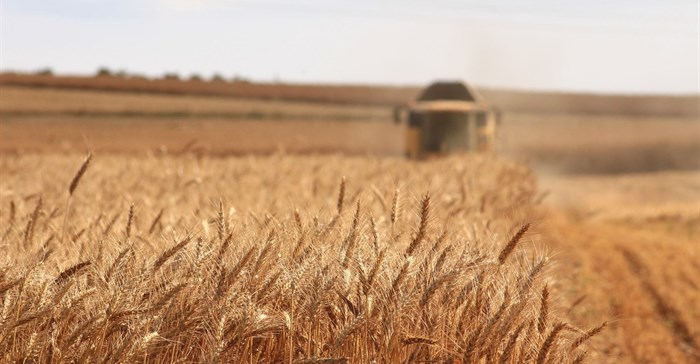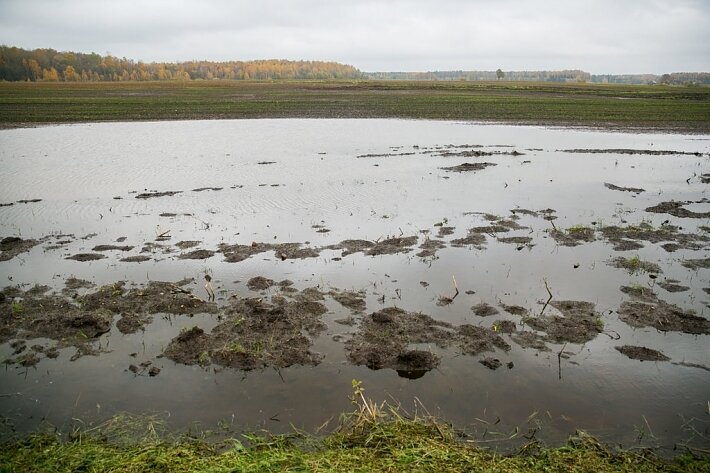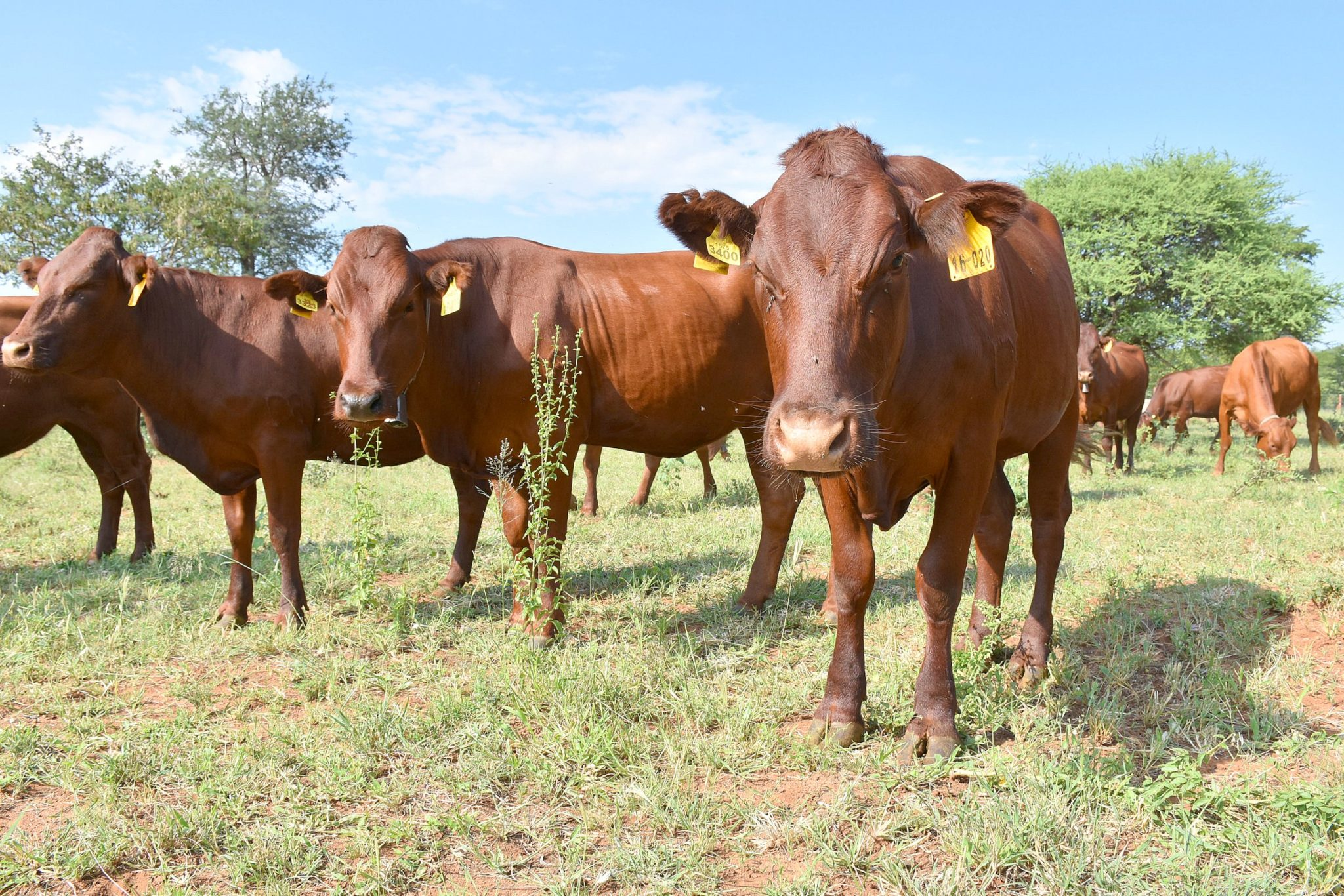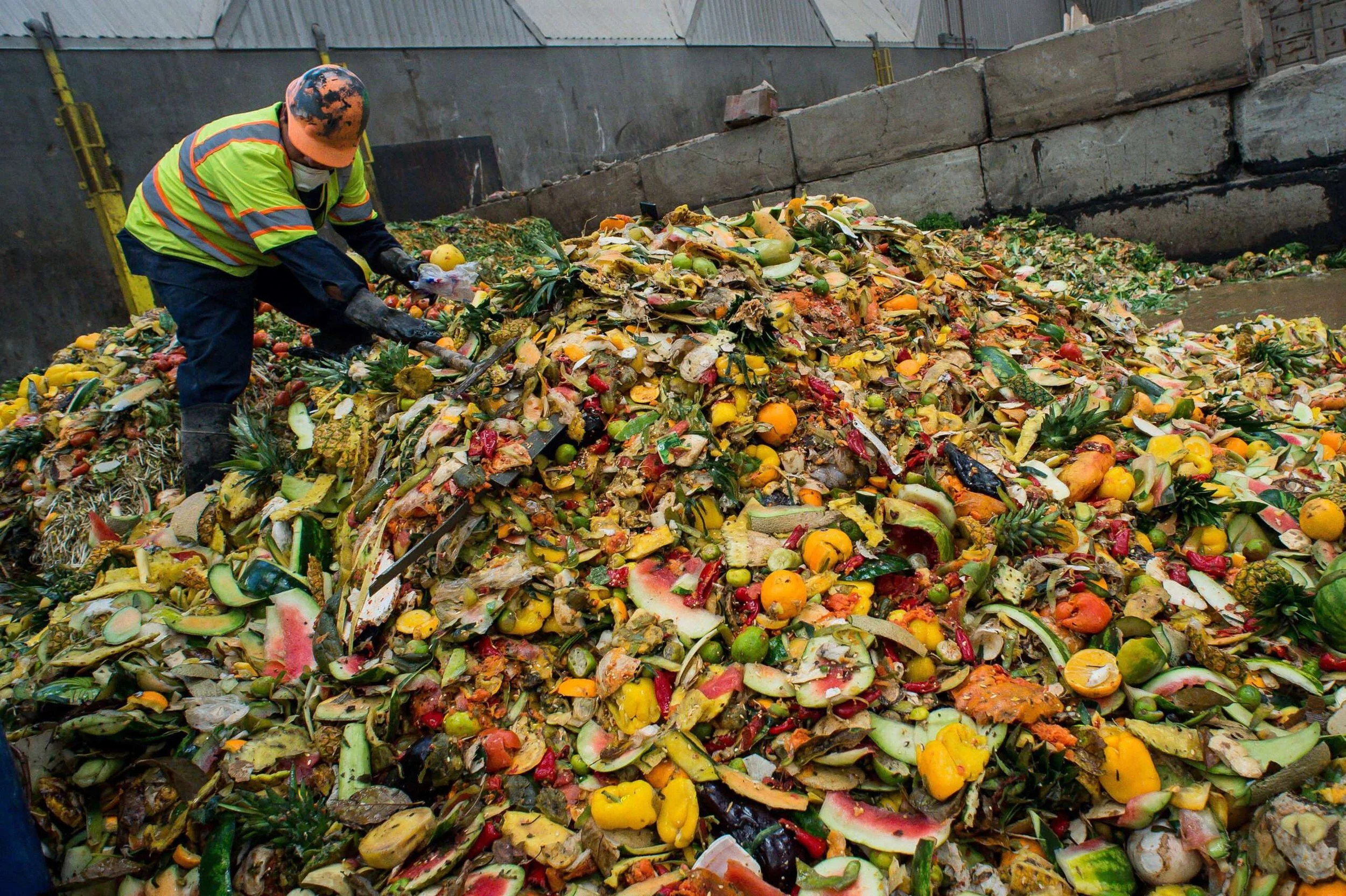Dickeya blackleg, often just called Dickeya, is a new disease in the United States. It is caused by a bacterium, Dickeya dianthicola.
This aggressive pathogen has the potential to cause more severe losses than species of Pectobacterium (aka Erwinia) causing the type of blackleg that has been occurring.
High temperatures (exceeding 77 F) are favorable for Dickeya, consequently the greatest losses have been in the southern portion of the northeast (especially the mid-Atlantic region) and further south. Total crop loss has occurred.
Dickeya was severe in 2015 at least partly reflecting hotter weather than previous 2 years when the pathogen likely was present. This new disease is developing again in 2016.
Symptoms
First symptom is poor emergence (skips in a production field) due to rotting seed.
Plants that emerge from contaminated seed wilt and typically have black stems extending upwards from rotting seed piece.

Poor emergence: Dickeya Infected seed or poorly suberized seed may decay after planting, resulting in uneven stands (Courtesy: Amy Charkowski, UW)
Occasionally, especially late in the season, only internal stem tissue will be discolored. The fact stem symptoms start at the seed and progress upward illustrates that Dickeya dianthicola is in potato seed.
Symptoms typically develop following a period of hot weather especially when plants are also stressed. In 2015 on Long Island a lot of plants dropped out during flowering.
Blackleg caused by Pectobacterium differs from Dickeya in that it starts on the outside of stem tissue, infects through wounds, and then moves downward as well as upward causing stem rot that is dark brown.
Affected tissue typically has an offensive odor and is slimy. In contrast, plant tissue affected by Dickeya typically has an earthy smell; occasionally it has an offensive smell indicating soft rot bacteria are also present.
Plants affected by Dickeya can just appear unthrifty if they have a sub-lethal titer of the bacterium.

Symptoms of Dickeya blackleg in these photographs were found the first week of June 2016 (starting May 31). Affected plants had black stems extending up from the plant base and rotting seed piece, typically with an earthy smell that occasionally was offensive indicating soft rot bacteria were also present.
High temperatures (in the 80s) during late May provided conditions favorable for symptom development.
(Courtesy: Cornell University)
No symptoms may develop when the temperature never becomes hot during the growing season.
Management
Dickeya is a destructive pathogen that cannot be managed when present in production fields. There are currently no resistant varieties and no effective fungicides.
This bacterium is not known to be able to survive in soil more than about two months, which is not long enough to be able to serve as a source of inoculum the following growing season.
Potato seed that is free of Dickeya is the best management practice for this disease.
One challenge is that symptom development is limited by cool temperatures that are typical in seed producing areas: the pathogen can be present in a plant but cause no symptoms (wilt or black stem).
Unfortunately there is not a reliable seed testing procedure identified yet. Infected seed can appear healthy.
Dickeya is developing in crops established in 2016 with seed that tested negative with the dormant tuber test.
Most affected seed was produced in Maine; some lots came from New Brunswick or Wisconsin.
There is differing opinion about whether there should be no tolerance for Dickeya, similar to bacterial ring rot, in certified potato seed or whether a low percentage of contaminated seed can be tolerated as is the case with other diseases such as late blight. A major difference is that there are resistant varieties and effective fungicides for managing late blight.
Grower Checklist for Preventing Dickeya

A potato plant with Dickeya-fueled blackleg, with a blackened stem and wilting leaves (Courtesy: Steve Johnson).
- Plant certified, disease-free tubers, into well-drained soil with temperature under 10 C.
- Plant whole seed tubers if possible. Suberize cut seed before planting.
- Plant seed tubers during conditions that favour fast emergence.
- Clean and disinfect tools and equipment used for cutting and planting seed.
- Avoid wounding during seed cutting, planting and harvest.
- Fungicidal seed treatment of potatoes to prevent seed piece decay can indirectly prevent seed contamination, especially during the cutting operation.
- Rogue diseased plants.
- Utilize crop rotation of two or more years with a non-host crop.
- Avoid over-irrigation.
- Avoid excessive fertilization, which may impact plant and tuber maturity.
- Consider copper fungicides, which are are partially effective against disease and dry out existing lesions.
- Delay harvest until skin set is complete (up to 21 days after top-kill).
- Avoid wet conditions during harvest to prevent soil from sticking to tuber skins.
- Store contaminated potato lots separately.
- Provide adequate ventilation in storage.
- Check storages regularly for temperature increase and odours. If problems are detected, hot-spot fans can be used to cool the pile.
- Dry potatoes before storage or shipping.
Source - http://www.potatopro.com
 Poor emergence: Dickeya Infected seed or poorly suberized seed may decay after planting, resulting in uneven stands (Courtesy: Amy Charkowski, UW)
Poor emergence: Dickeya Infected seed or poorly suberized seed may decay after planting, resulting in uneven stands (Courtesy: Amy Charkowski, UW)
 Symptoms of Dickeya blackleg in these photographs were found the first week of June 2016 (starting May 31). Affected plants had black stems extending up from the plant base and rotting seed piece, typically with an earthy smell that occasionally was offensive indicating soft rot bacteria were also present.
High temperatures (in the 80s) during late May provided conditions favorable for symptom development.
(Courtesy: Cornell University)
Symptoms of Dickeya blackleg in these photographs were found the first week of June 2016 (starting May 31). Affected plants had black stems extending up from the plant base and rotting seed piece, typically with an earthy smell that occasionally was offensive indicating soft rot bacteria were also present.
High temperatures (in the 80s) during late May provided conditions favorable for symptom development.
(Courtesy: Cornell University) A potato plant with Dickeya-fueled blackleg, with a blackened stem and wilting leaves (Courtesy: Steve Johnson).
A potato plant with Dickeya-fueled blackleg, with a blackened stem and wilting leaves (Courtesy: Steve Johnson).












